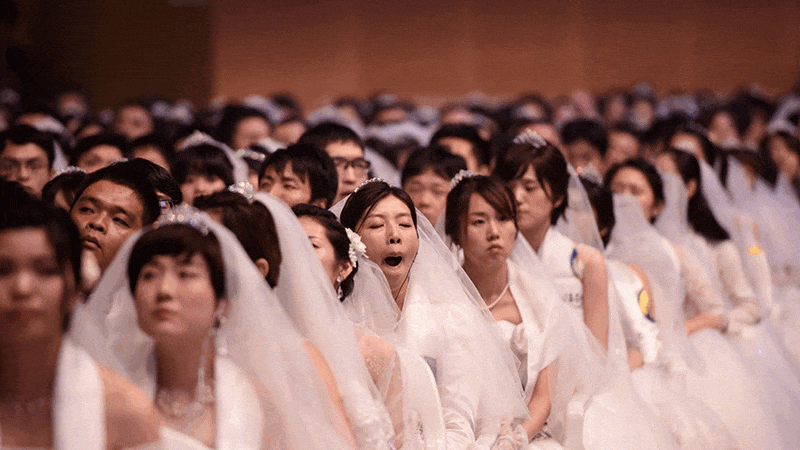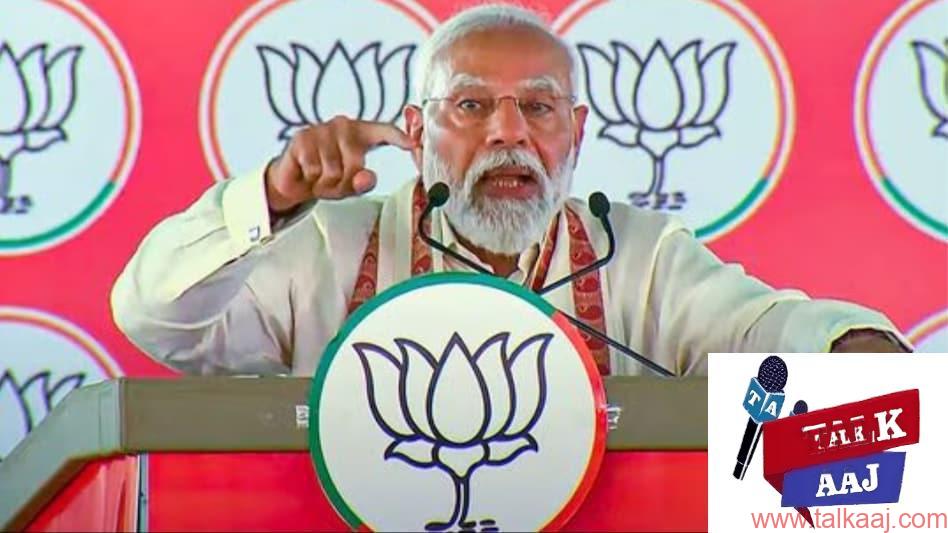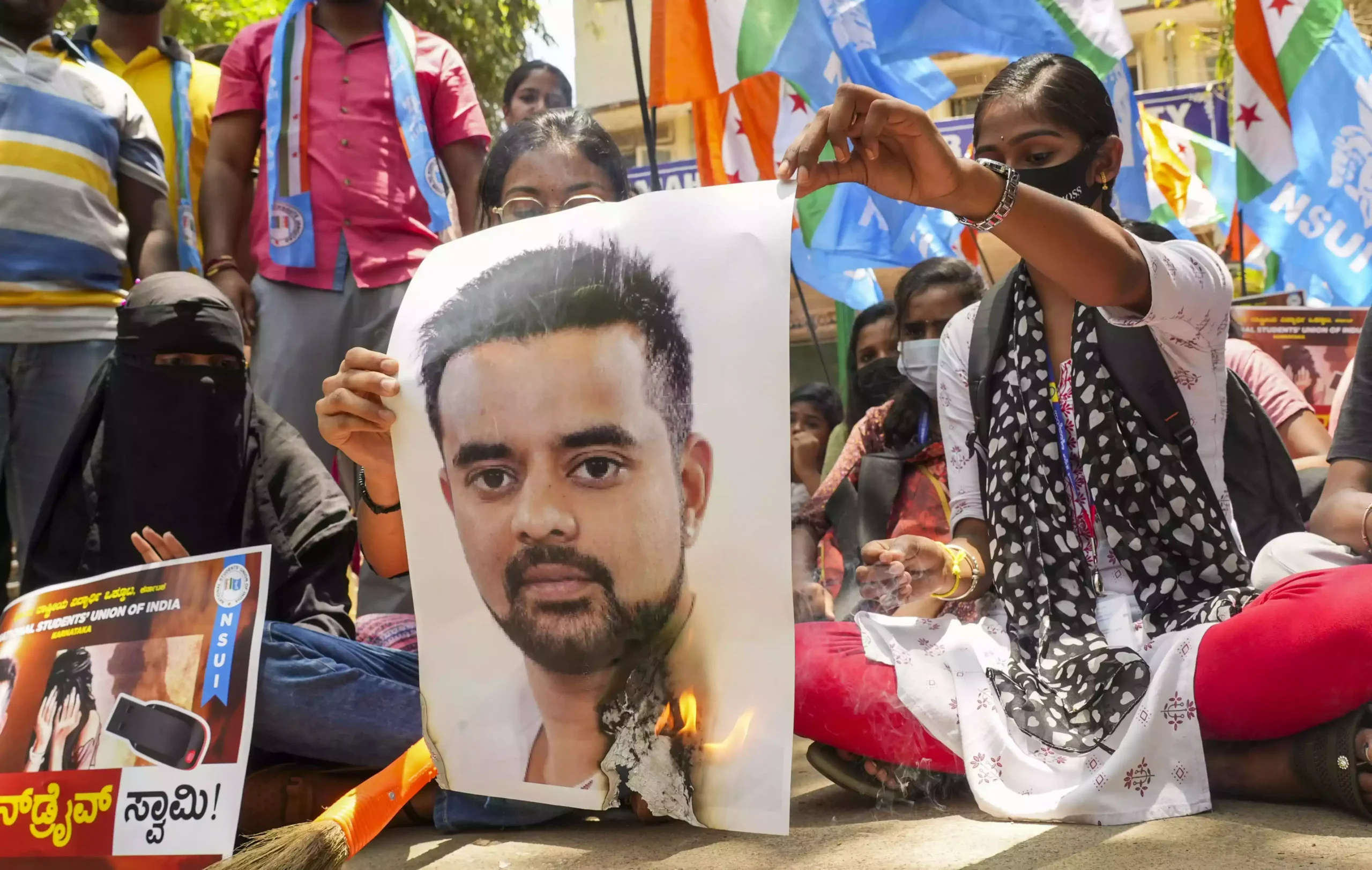The 4B Movement in Korea is Causing the Birthrate to Drop – Will Other Countries Follow?
On June 9, about 22,000 South Korean women marched through the streets of Seoul. The protest – reportedly the largest by women in South Korean history – focused on the proliferation of so-called “spy cams,” tiny cameras used to invade women’s privacy, filming them in toilets and up their skirts, with images often posted online. Activists say the government is not taking the issues seriously – except in the rare case where a man is the victim.
To combat this and other behavior South Korean women are taking a definitive and some say radical stand known as the 4B movement which is gaining momentum around the world.
The 4B movement also known as the “birth strike” and “marriage strike” meant to combat South Korea’s extreme patriarchal and misogynistic culture.
This wave is growing in popularity over the last several years – resulting in a serious outcome for population growth. Will this be a growing trend across the world?
South Korea currently has the world’s lowest fertility rate, with women having less than one child on average.
The drop in South Korea’s fertility rate over the past few years results from the “4B Movement,” with the B’s representing the Korean words bihon, bichulsan, biyeonae, and bisekseu for marriage, childbirth, dating, and sex respectively.

The 4B Movement: South Korean Women Rejecting Traditional Expectations
In 2019, the 4B Movement emerged in South Korea, it’s been getting a lot of notice on TikTok, gaining more traction and sparking debate.
This movement’s central tenets challenge deeply ingrained societal norms, advocating that women should reject the following:
- Bihon: Heterosexual marriage
- Bichulsan: Childbirth
- Biyeonae: Dating men
- Bisekseu: Heterosexual relationships
Unraveling the Roots of the 4B Movement
The 4B Movement stems from a complex mix of social, economic, and cultural factors that have created a climate of deep-seated discontent and also rage among many young South Korean women, including:
-
- Persistent Patriarchy & Misogyny: Despite South Korea’s position as a developed, modernized nation, patriarchal structures are deeply embedded in its society. Women often face discrimination in the workplace, are pressured to conform to unrealistic beauty standards (Korea is the #1 country for plastic surgery procedures), and carry a disproportionate burden of domestic labor and childcare.
-
- Economic Hardships and Disillusionment: South Korea’s hyper-competitive economy and the skyrocketing cost of living have made it increasingly difficult to form families and raise children. Many young women feel disillusioned with the lack of opportunities and the expectation that their primary role should be as wives and mothers.
- The #MeToo Reckoning: The global #MeToo movement had a significant impact on South Korea, exposing widespread sexual harassment and violent assault with little reprehension or justice by authorities. This ignited a broader critique of gender inequality and inspired women to demand greater autonomy and bodily agency.
- Online Feminist Communities: Social media has empowered feminist movements in South Korea. These platforms raise awareness, help share personal experiences, and organize around common causes. The 4B movement has found fertile ground in these spaces with people around the globe.
The Evolution of South Korean Feminism
The 4B movement can be understood as part of a broader trajectory within South Korean feminism.
Previous feminist movements, like the Escape the Corset movement, focused primarily on challenging unrealistic beauty standards and the objectification of women.
The 4B movement expands on this, taking a more radical stance against the entire institution of heterosexual marriage and the traditional family structure within South Korean society.

Criticisms and Concerns
The 4B movement is not without its critics of course, with detractors arguing that it:
-
- Is Too Extreme: Some argue that the movement’s total rejection of heterosexual relationships and reproduction is too extreme and unrealistic.
- Contributes to Low Fertility Rates: There are concerns that the 4B philosophy could further contribute to South Korea’s alarmingly low birth rate, posing demographic challenges for the country.
- Oversimplifies Complex Issues: Others find its stance overly simplistic, ignoring the diversity of women’s experiences and the potential for positive partnerships with men.
Implications of the 4B Movement
There are valid concerns related to the plummeting birth and fertility rates namely the drastically changing demographic makeup of the country.
As South Korea’s population ages, there is no younger generation to balance the population demographics.
This trend is what led to the projection that over half of Korea’s population will be over the age of 65 by 2065.
This has serious implications related to Korea’s economic and military capacity.
Other countries have echoed South Korea’s “birth strike” – making it a transnational feminist movement.
Women in China have started their own “four nos” movement, causing the population to start shrinking, and Japan is also experiencing a drastically lowered birth rate because of women’s reluctance to marry and have children.
The Significance of the 4B Movement
Regardless of one’s opinion on its specific tenets, the 4B movement serves as a powerful, if controversial, expression of the profound frustrations of a generation of South Korean women.
It highlights the persistent gender inequalities (women still earn 30% less than men) within society and forces a public conversation about the traditional roles expected of women.
The movement also reflects a broader shift in the perception of marriage and family across many developed nations, where more individuals are opting out of traditional arrangements.
While the 4B movement may not present a universally adopted solution, it has undoubtedly placed women’s rights and their desire for greater agency at the forefront of South Korea’s national discourse.
The long-term impact of this movement remains to be seen, but it has set in motion a crucial debate, sparking conversations that will likely shape the future of gender relations in South Korea for years to come.
Other Countries Resonate
While there’s no evidence of other countries formally adopting the exact 4B Movement as it exists in South Korea, themes and ideas aligned with the movement are finding resonance elsewhere:
- Similar Movements: The 6B4T movement in China shares many of the 4B Movement’s core tenets, with additional focuses on rejecting oppressive beauty standards and hypersexualized media depictions.
- Global Feminist Concerns: Many of the issues underlying the 4B Movement – gender wage inequality, social pressure on women, objectification, exploitation, gender-based violence, misogynistic attitudes, economic hardship – are certainly not unique to South Korea. Many other women in other countries face similar challenges, albeit in varied contexts.
- Changing Attitudes Towards Marriage & Family: Declining fertility rates and rising numbers of single-person households are trends seen in many developed nations like Japan and parts of Europe. This reflects changing priorities and a greater emphasis on individual choice.
In conclusion:
Korean women, faced with precarity and vulnerability in their professional and personal lives, are increasingly rejecting the expected path of motherhood not only in a challenge to patriarchy, but in refusing to engage with the patriarchal system perpetuated through traditional understandings of marriage and family. South Korea’s patriarchal strategy to deal with its demographic security will not be effective, because Korean women have said ‘enough’.
The underlying concerns and desire for greater autonomy that the 4B movement expresses are shared by women around the world and could fuel adaptations of feminist philosophy and activism tailored to the specific conditions within other nations.
Mega Millions jackpot reaches $525 million—here’s what the winner will take home after taxes
(Read the latest news of the country and the world first on Talkaaj (Baat Aaj Ki) , you can also follow us on Facebook, Telegram, Twitter, Instagram , Koo and YouTube .)













